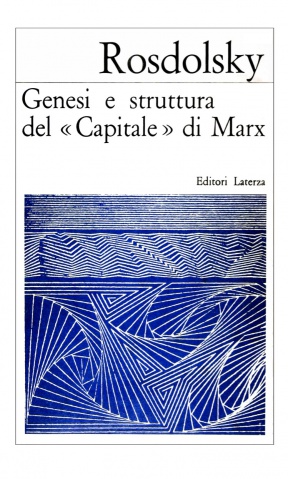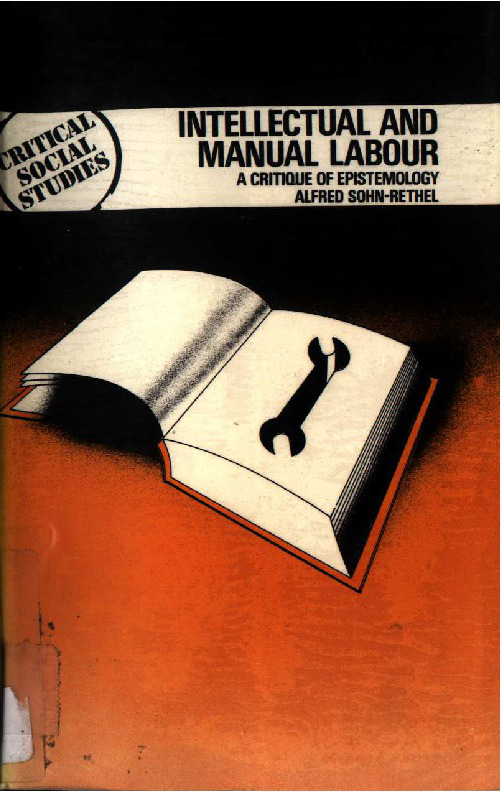Matthew Wisnioski: Engineers for Change: Competing Visions of Technology in 1960s America (2012)
Filed under book | Tags: · 1960s, 1970s, activism, computing, education, engineering, history of computing, history of technology, labour, luddism, military, science, space, technology

“In the late 1960s an eclectic group of engineers joined the antiwar and civil rights activists of the time in agitating for change. The engineers were fighting to remake their profession, challenging their fellow engineers to embrace a more humane vision of technology. In Engineers for Change, Matthew Wisnioski offers an account of this conflict within engineering, linking it to deep-seated assumptions about technology and American life.
The postwar period in America saw a near-utopian belief in technology’s beneficence. Beginning in the mid-1960s, however, society—influenced by the antitechnology writings of such thinkers as Jacques Ellul and Lewis Mumford—began to view technology in a more negative light. Engineers themselves were seen as conformist organization men propping up the military-industrial complex. A dissident minority of engineers offered critiques of their profession that appropriated concepts from technology’s critics. These dissidents were criticized in turn by conservatives who regarded them as countercultural Luddites. And yet, as Wisnioski shows, the radical minority spurred the professional elite to promote a new understanding of technology as a rapidly accelerating force that our institutions are ill-equipped to handle. The negative consequences of technology spring from its very nature—and not from engineering’s failures. “Sociotechnologists” were recruited to help society adjust to its technology. Wisnioski argues that in responding to the challenges posed by critics within their profession, engineers in the 1960s helped shape our dominant contemporary understanding of technological change as the driver of history.”
Publisher MIT Press, 2012
ISBN 0262018268, 9780262018265
296 pages
via a2
Interview with the author (Carla Nappi, New Books in Science, Technology, and Society, audio, 1h)
Review (Caroll Pursell, The American Historical Review, 2014)
Review (Kevin T. Baker, The Sixties, 2013)
Review (Stephen H. Unger, 2013)
Roman Rosdolsky: The Making of Marx’s Capital (1968–) [IT, SR-CR, EN, ES, PT-BR]
Filed under book | Tags: · capitalism, communism, economics, labour, marxism, money, political theory, production, socialism, theory of value

Rosdolsky’s Making of Marx’s ‘Capital’ is a major work of interpretation and criticism, written over fifteen years by one of the foremost representatives of the European marxist tradition. Rosdolsky investigates the relationship between various versions of Capital and explains the reasons for Marx’s sucessive reworkings; he provides a textual exegesis of Marx’s Grundrisse, now widely available, and reveals its methodological riches. He presents a critique of later work in the marxist tradition on the basis of Marx’s fundamental distinction between ‘capital in general’ and ‘capital in conrete reality.’
First published in German as Entstehungsgeschichte des Marxschen ‘Kapital’, Europäische Verlagsanstalt, Frankfut am Main, 1968
English edition
Translated by Pete Burgess
Publisher Pluto Press, London, 1977
581 pages
Review (Makoto Itoh, Science & Society, 1979)
Wikipedia (DE)
Genesi e struttura del “Capitale” di Marx (Italian, trans. Bruno Maffi, 1971, no OCR, 21 MB, via)
Prilog povijesti nastajanja Marxova “Kapitala”, sv. 1, sv. 2 (Serbo-Croatian, trans. Ivan Prpić [1] and Hotimir Burger [2], 1975)
The Making of Marx’s Capital (English, trans. Pete Burgess, 1977, 10 MB)
Génesis y estructura de El Capital de Marx (Spanish, trans. Léon Mames, 2nd ed., 1978/2004, no OCR, 11 MB)
Genese e estrutura de O capital de Karl Marx (Brazilian Portuguese, trans. César Benjamin, 2001, no OCR, 20 MB)
Alfred Sohn-Rethel: Intellectual and Manual Labour: A Critique of Epistemology (1970–) [DE, EN, ES, PT]
Filed under book | Tags: · capitalism, commodity fetishism, economics, epistemology, Frankfurt school, knowledge, labour, marxism, philosophy, production, real abstraction, value

In this book, the economist and philosopher Alfred Sohn-Rethel attempts to “establish the relationship between the capitalist commodity form and the origin of the distinction between manual and intellectual labor. His theory of knowledge is constructed after an elaborate consideration and criticism of two schools of thought. On the one hand, he criticizes the effort of bourgeois science to assert the independent nature of science and to formulate ahistorical laws of the development of knowledge in terms of non-empirical, metaphysical characteristics of Reason. On the other hand, he also challenges orthodox Marxist theories of ideology in which knowledge is viewed as mechanistically derived from activity in the economic base.” (from a review by Gilda Zwerman, Theory and Society, 1982)
German edition
First published by Suhrkamp, Frankfurt am Main, 1970
Revised and expanded edition published by VCH, Weinheim, 1989
ISBN 352717690X
226 pages
via discofiasko
English edition
Publisher Macmillan, 1978
ISBN 0333230450
216 pages
via jlw
Commentary: Alberto Toscano (2005), N Pepperell (2007), David Black (2009), David Black (2013), Joseph Belbruno (2012), Ross Wolfe (2014).
New English edition in preparation
Geistige und körperliche Arbeit (German, revised ed., 1970/1989)
Intellectual and Manual Labour (English, 1978, 7 MB, OCR’d version added on 2014-5-4 via Marcell Mars)
Trabajo intelectual y trabajo manual (Spanish, 1979)
Trabalho espiritual e corporal (Portuguese, trans. Cesare Giuseppe Galvan, HTML, undated, unpaginated)

